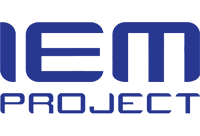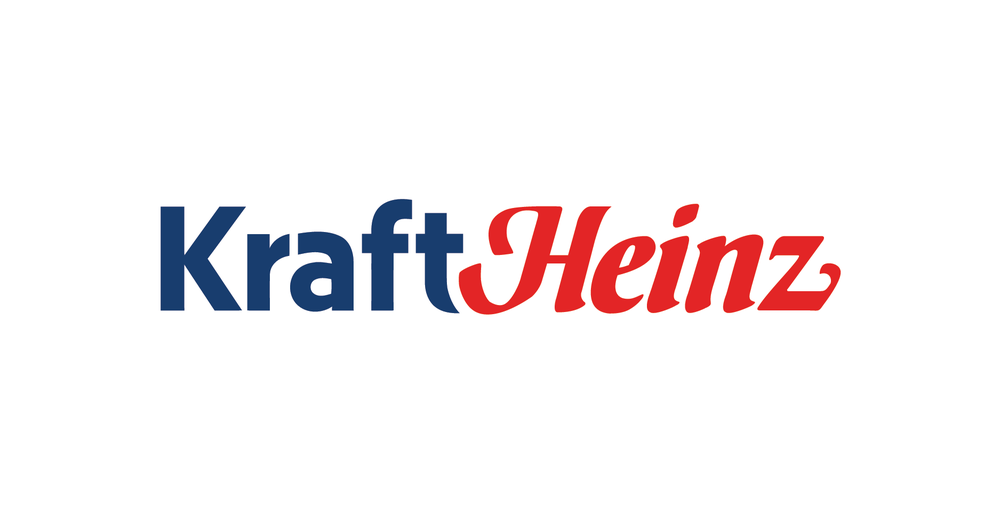Ukraine Referendum
What will you vote at the Ukraine referendum?
While reading this you might figure out what I’ll be voting (or not) and witness a bit of a biased view. That is why I like to encourage you to watch this debate on the topic. Just remember that the pro-treaty speaker Ms. Starink receives 300 thousand for campaigning https://vimeo.com/154471535 (It’s in Dutch). More information is available on many sites, one I recommend is http://www.oekraine-referendum.nl/
Also, the following shows a very nice figure which briefly describes the pro and against arguments: http://euromaidanpress.com/2016/03/16/what-is-the-eu-ukraine-association-agreement-bring-the-netherlands/#arvlbdata
About a week ago my voring pass came in the mail. The voting pass for the referendum on Wednesday the 6th of April. The Dutch can either choose to be in favor or against the Association Agreement with the European Union and Ukraine. Though, like many of my fellow Dutch people, I had little to no understanding on what I was truly voting for. Now I cannot tell you what will be done with the result of our referendum, nor will I discuss whether it is even smart to have a referendum about these things. What I will discuss and enlighten you on is the possible impact of the treaty. And so I will.
In July 2015 a new law went into force within Holland; civilians are now able to request an advisory or consultative referendum; a referendum that will only advise the government. A Dutch webblog namen GeenStijl quickly took advantage of this new law and trief to enforce a referendum. With succes: the minimal amount of 300.000 signatures was achieved and thus the referendum will take place. The last hurdle for the referendum to be valid is a turn-out of at least 30% of the qualified voters. Many municipalities have reduced their amount of voting polls, arguing that they expect a low turn-out. Though this seems to be a bit of an chicken and the egg story and many argue that governments should try to enlarge the turn-out instead of closing voting polls, it is up to us to reach that 30% turn-out.
So what will you vote? Are you in favor or against the Association Agreement? To know this we first need to know what it actually entails.
Let’s first talk about what we can vote about. This is very important since 80-90% of the treaty is beyond our power to change. Every and all aspects about commerce, which is most of the treaty, between the EU and Ukraine are decided matters. We, along with all member states of the EU, have given this authority to Brussels and the EU itself. Since the EU has already agreed upon and signed the treaty and we as a member nations have empowered the EU to take these decisions for us, we cannot change it. As a matter of fact, the economic association part is already in force since the end of 2015. We have no influence on the economic association with Ukraine. It is already decided and taking place while you are reading this.
While it’s true the outcome won’t change the trading part of the treaty, it will send a message. We as European citizens have chosen the European parlement and by voting no we send a message that the Dutch citizens do not believe that the Dutch and European parlement have acted in the best interests of their citizens. Sadly the question remains; will that message matter?
So, what will we be voting about? Well, the other 10-20% of course! For me, this is the important part. The remaining part of the treaty won’t be enacted if Holland does not sign and the parlement might not sign if we vote against it.
This remaining part of 10-20% is what makes an association agreement different from a trading treaty. In a trade treaty merely matters of commerce and trade between both parties are discussed. Now if you want an even more intimate collaboration an association agreement is a good pick. Next to trading and commerce, matters of military, political, cultural, human rights and corruption are also agreed upon in this association agreement. Exactly this part is where we can vote about and have a possible influence upon. If the Dutch decide to be against this part and do not sign the treaty, this part may cease to exist while the trading part of the treaty will remain.
Helping nations with bettering their situations on matters like human rights is of course something to be in favor of. However, there is catch in this particular situation; the relation of the EU with Russia and Ukraine with Russia. Until 1991 Ukraine was a part of Russia (or USSR) and it is not strange to see that Russia still has a lot of influence in Ukraine. If this part of the treaty will go into force, Russia loses a lot of the influence it has in Ukraine. Losing this influence can highten the already dramatic tension between Russia and Ukraine and worsen the relationship between EU and Russia. With this in my mind I thought of the following questions. Once answered, I knew what I was going to vote.
Is it imperative that the EU undergoes an association agreement with Ukraine now, knowing it will worsen the relations and highten the tensions between the EU, Ukraine and Russia?
Or will just the trading part of the treaty suffice for now, meaning that Ukraine will receive less help on political, military, etc. matters and needs to further break the bonds with Russia themselves if they wish to cooperate further on these matters with the EU?
So in short, the outcome of this referendum displays two messages. We, the Dutch people, are against or in favor of the collaboration on political, cultural, military, etc. affairs, ‘knowing’ that the trading part of the treaty is already in motion since the EU has power over that part. The other one being we, the Dutch people, do or do not believe the parlements that we have empowered, being the Dutch and EU parlement, have acted in the best interest of its citizens. I believe it is important to weigh your vote upon these two messages it will display and to keep in mind that it is an advisory referendum, meaning the outcome will only advise the governments on what the Dutch people believe to be the right course of action.
P.S. some have argued that this association agreement will enable Ukraine to join the EU. While Ukraine has made it clear that they want to be in the EU, this association agreement will not enable that. The EU has a lot of association agreements that have not led to membership. Furthermore the EU has made it clear that Ukraine is far from having the possibility. Turkey, as an example, has an association agreement with (the former) EU since 1963, but are still unable to become a member, though they have stated to want membership as well.
Peter Karrenbelt












